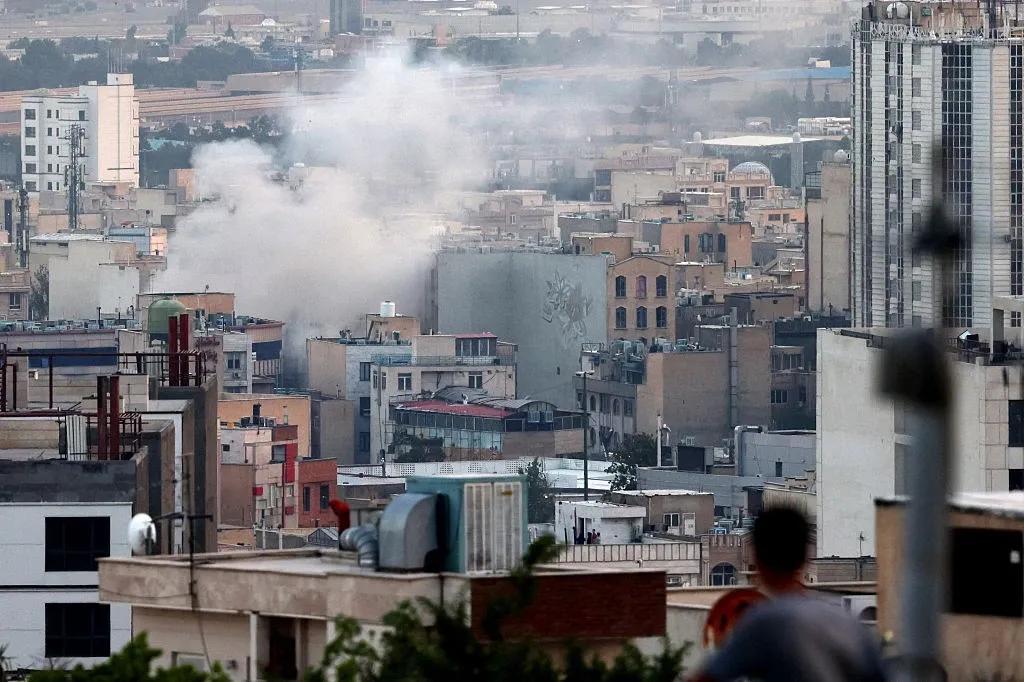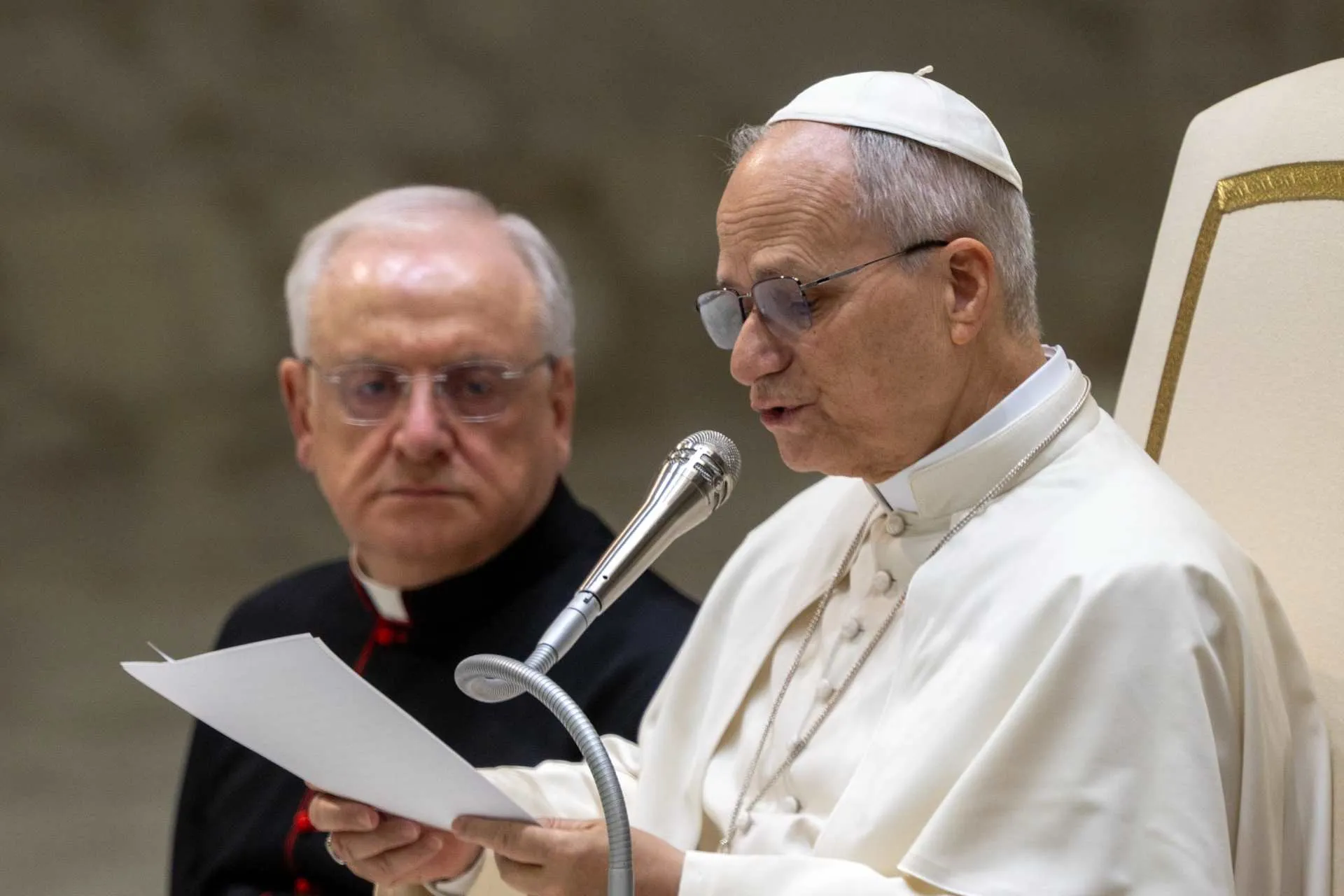“No one should ever threaten another’s existence,” he said.
Open warfare between the two Middle East nations entered its fourth day on Monday after Israel launched the initial deadly attack on June 13, just hours after Iran announced plans to activate its third nuclear facility, the Associated Press reported.
Both religious and political leaders have urged Israel and Iran to end the increasing military violence, impacting thousands of civilians, and enter into dialogue.
Bishop A. Elias Zaidan, chairman of the U.S. Conference of Catholic Bishops’ Committee on International Justice and Peace, echoed Pope Leo’s calls for peaceful solutions in the region.
“We urge the United States and the broader international community to exert every effort to renew a multilateral diplomatic engagement for the attainment of a durable peace between Israel and Iran,” Zaidan said on Monday.
“The further proliferation of nuclear weapons in the Middle East, as well as this escalation of violence, imperils the fragile stability remaining in the region,” he added.
In May, the U.N. censured Iran for not complying with nonproliferation obligations after the International Atomic Energy Agency warned the nations had increased its nuclear stockpile in its latest report.
António Guterres, secretary-general of the United Nations, said on X on Saturday: “Israeli bombardment of Iranian nuclear sites. Iranian missile strikes in Tel Aviv. Enough escalation. Time to stop. Peace and diplomacy must prevail.”
The number of deaths, injuries, and the displaced in Iran and Iraq are expected to rise as both countries continue to launch ongoing missile strikes and retaliatory attacks.
Kristina Millare is a freelance journalist with a professional communications background in the humanitarian aid and development sector, news journalism, entertainment marketing, politics and government, business and entrepreneurship.








